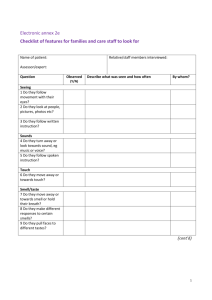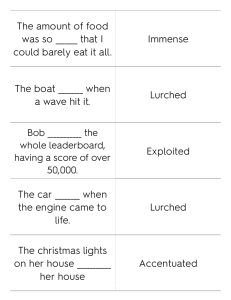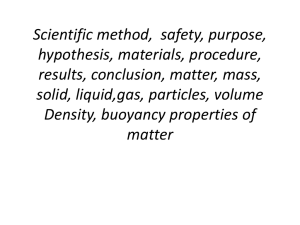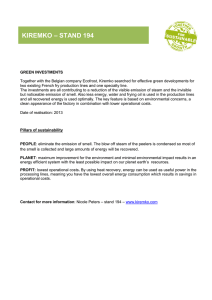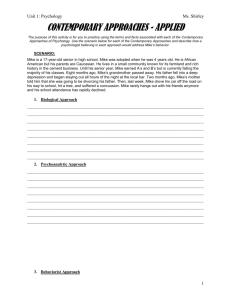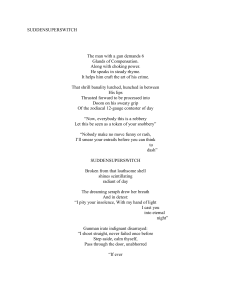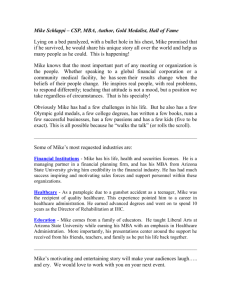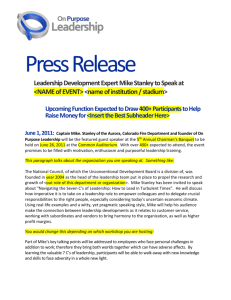Prose Styles
advertisement
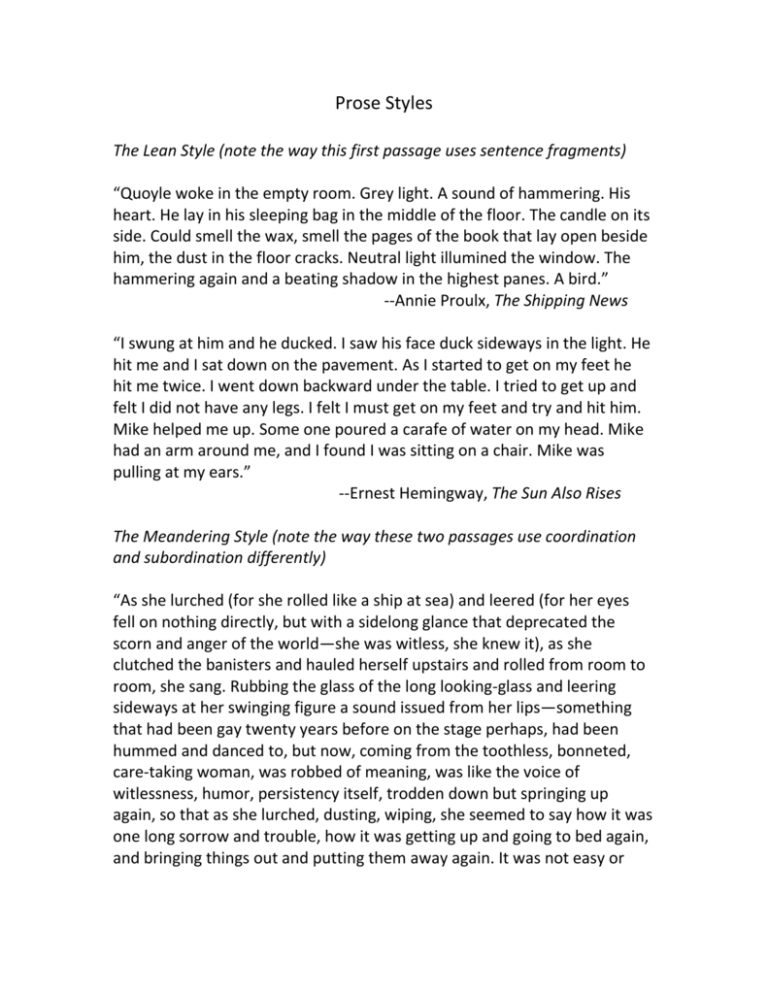
Prose Styles The Lean Style (note the way this first passage uses sentence fragments) “Quoyle woke in the empty room. Grey light. A sound of hammering. His heart. He lay in his sleeping bag in the middle of the floor. The candle on its side. Could smell the wax, smell the pages of the book that lay open beside him, the dust in the floor cracks. Neutral light illumined the window. The hammering again and a beating shadow in the highest panes. A bird.” --Annie Proulx, The Shipping News “I swung at him and he ducked. I saw his face duck sideways in the light. He hit me and I sat down on the pavement. As I started to get on my feet he hit me twice. I went down backward under the table. I tried to get up and felt I did not have any legs. I felt I must get on my feet and try and hit him. Mike helped me up. Some one poured a carafe of water on my head. Mike had an arm around me, and I found I was sitting on a chair. Mike was pulling at my ears.” --Ernest Hemingway, The Sun Also Rises The Meandering Style (note the way these two passages use coordination and subordination differently) “As she lurched (for she rolled like a ship at sea) and leered (for her eyes fell on nothing directly, but with a sidelong glance that deprecated the scorn and anger of the world—she was witless, she knew it), as she clutched the banisters and hauled herself upstairs and rolled from room to room, she sang. Rubbing the glass of the long looking-glass and leering sideways at her swinging figure a sound issued from her lips—something that had been gay twenty years before on the stage perhaps, had been hummed and danced to, but now, coming from the toothless, bonneted, care-taking woman, was robbed of meaning, was like the voice of witlessness, humor, persistency itself, trodden down but springing up again, so that as she lurched, dusting, wiping, she seemed to say how it was one long sorrow and trouble, how it was getting up and going to bed again, and bringing things out and putting them away again. It was not easy or snug this world she had known for close on seventy years. Bowed down she was with weariness.” --Virginia Woolf, To the Lighthouse “Small orphans were abroad like irate dwarfs and fools and sots drooling and flailing about in the small markets of the metropolis and the prisoners rode past the carnage in the meatstalls and the waxy smell where racks of guts hung black with flies and flayings of meat in great red sheets now darkened with the advancing day and the flensed and naked skulls of cows and sheep with their dull blue eyes glaring wildly and the stiff bodies of deer and javelina and ducks and quail and parrots, all wild things from the country round hanging head downward from hooks.” --Cormac McCarthy, Blood Meridian What’s your style? Try them both. Try mixtures of the lean and the meandering, as Virginia Woolf does at the end of the passage above.
